Top 12 VPN myths debunked
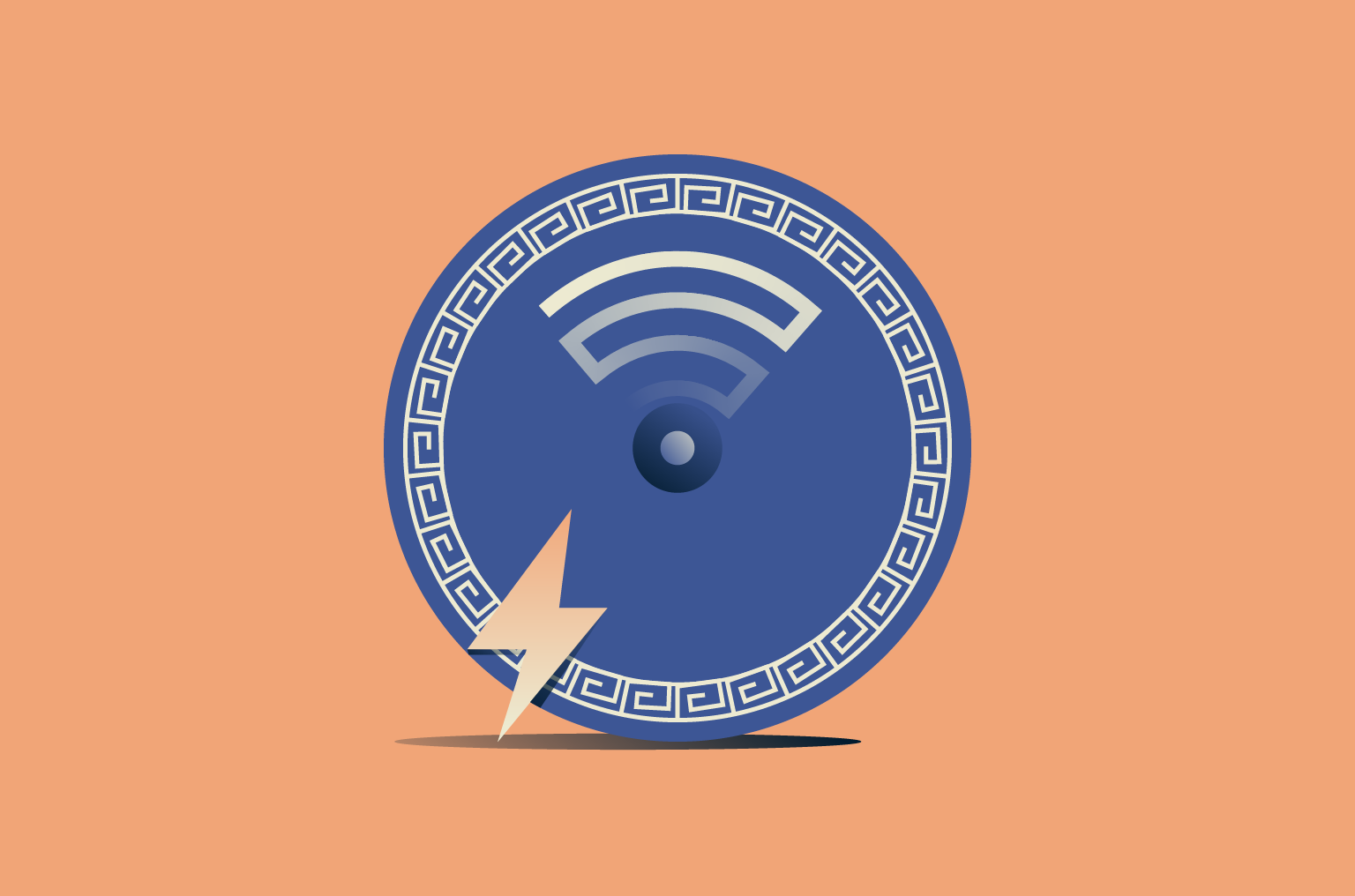
VPNs are everywhere, but so is the misinformation about them. Some say VPNs make you completely anonymous. Others think they’re illegal, slow, or only for hackers. It’s time to separate fact from fiction.
Here are 12 of the most common VPN myths and the truth behind them.
12 common VPN myths explained
Myth 1: VPNs are illegal to use
Fact: VPNs are legal in most countries, including the U.S.
VPNs are legal to use in the vast majority of countries. However, in some countries, only the use of state-approved VPNs is allowed. That’s why it’s best to check local laws around VPNs when traveling to a new region. And it goes without saying that any activities that are illegal in a given country without the use of a VPN remain illegal even if you use a VPN to carry them out.
Myth 2: I don’t need a VPN because I have nothing to hide
Fact: VPNs aren’t for hiding things but for staying private and securing your internet connection.
The government and law enforcement agencies aren’t the only entities that may be interested in your online activities. Cybercriminals may also target you to steal sensitive information (such as your credit card details) or install malware on your device.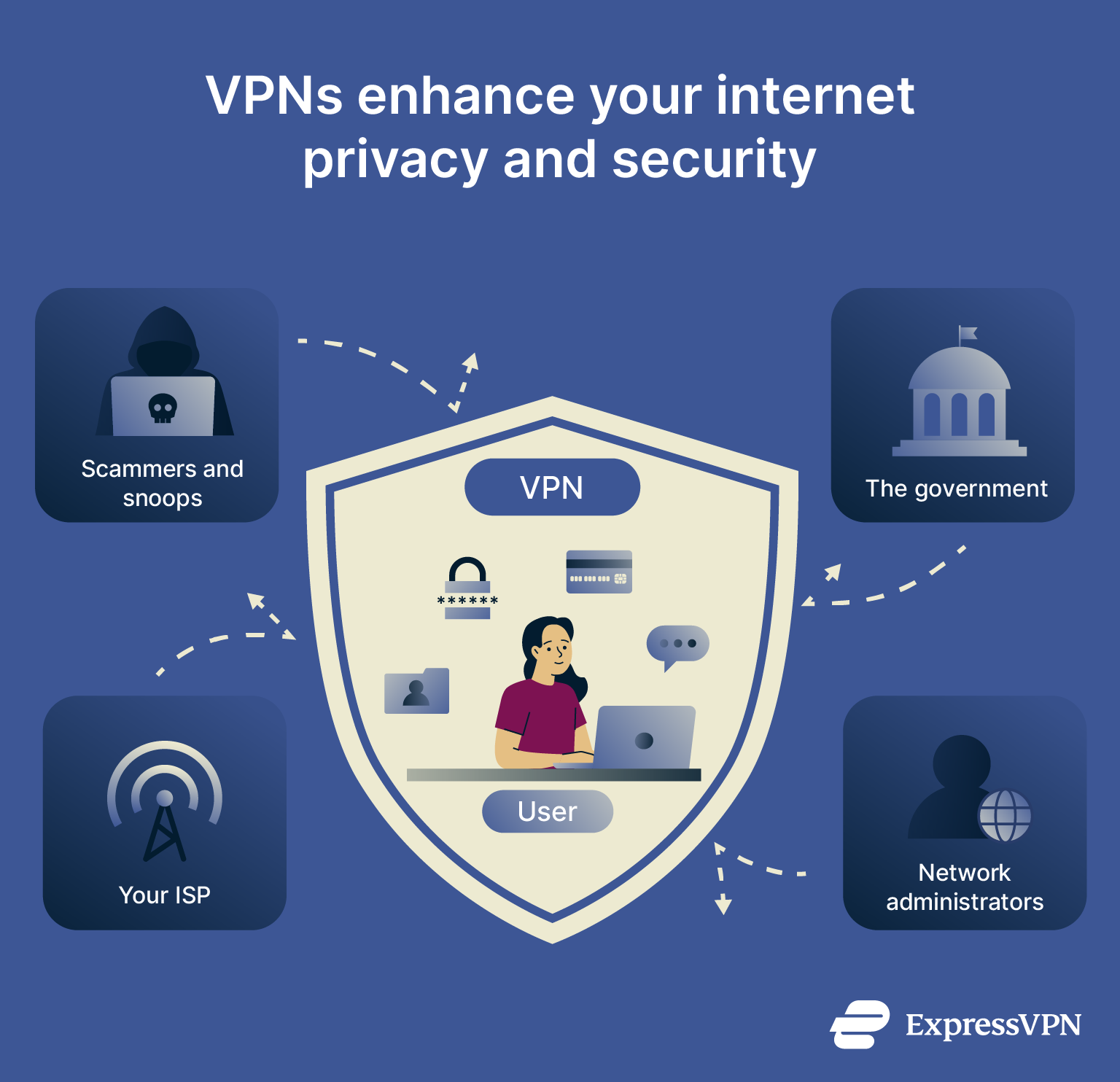 Likewise, corporations and advertisers can track you across the web to collect personal information. Such extensive data collection may make you the victim of price discrimination, where you’re charged more for a product or service (such as flights or hotel bookings). Even if this scenario doesn’t happen, there is no reason for you to give businesses your personal information for free.
Likewise, corporations and advertisers can track you across the web to collect personal information. Such extensive data collection may make you the victim of price discrimination, where you’re charged more for a product or service (such as flights or hotel bookings). Even if this scenario doesn’t happen, there is no reason for you to give businesses your personal information for free.
Using a VPN can help protect you against such personal data collection and extensive online tracking. It’ll also secure your internet connection against cybercrimes such as man-in-the-middle (MITM) attacks.
Myth 3: VPNs are only for tech experts
Fact: Modern VPNs are easy to use across multiple devices.
VPNs used to be for geeks and experts who understood the technology behind the tool. This myth might have also been fueled by the fact that tech geeks love to build their tools. So, you may think that you need to build your own VPN from scratch.
That’s far from the truth.
For example, ExpressVPN offers user-friendly apps with an easy-to-use interface. In just a few taps, you can get everything set up and start enjoying better online privacy.
The best part is that you get a soft introduction into mildly technical concepts like kill switches and protocols, just enough to help you understand what you need without overwhelming you with unnecessary intricacies.
Myth 4: A VPN will make your internet slow
Fact: Good VPNs only have a negligible impact on your internet speed without compromising security.
VPNs encrypt your sensitive internet data and only decrypt it at the target server. This process naturally introduces some latency into your browsing experience, which users may notice in the form of a speed drop after connecting to a VPN.
Fortunately, good VPNs use optimized servers running on new technology to ensure a negligible speed drop. Reputable VPN services even maintain multiple servers in the same location, ensuring no server is overloaded by connection demand.
Finally, look for VPNs with speed-optimized protocols (like ExpressVPN Lightway Turbo) that don’t sacrifice security. This way, you shouldn’t notice a difference in your internet connection speeds.
Myth 5: Free VPNs are just as good as paid ones
Fact: Free VPNs are often technically limited, less flexible, and may even collect and sell your personal data.
Trustworthy free VPNs exist, but they typically limit your access to only a few servers and might introduce a bandwidth cap. This doesn’t give you the flexibility to get any IP address you want or transfer data at uncapped speeds. Moreover, any extras they might offer are usually not available on the free plans.
Limited feature availability is actually the best-case scenario. In the worst case, a free VPN may track your online activity and collect your data to sell to data brokers for profit. This completely undermines the main reason for using a VPN: protecting your privacy and maintaining online anonymity.
In all, using a free VPN could frustrate your internet experience or give you a false sense of online privacy. That’s why we recommend paying for a legitimate VPN; they usually cost a nominal fee, less than a couple of cups of coffee monthly, and give you full access to all of their features and extras.
Myth 6: VPNs make you 100% anonymous
Fact: No online tool can make you 100% anonymous, as true anonymity is highly complex and depends on many intricate factors.
A VPN can help improve your online privacy, but it can’t make you 100% anonymous. The biggest risk (but not the only one) is actually human error. For example, if you connect to a VPN and post something online using a social media handle with your real identity, that post can easily be traced back to you. Full internet anonymity requires a lot of work on your part, not just the use of a VPN.
That said, a VPN can:
- Hide your browsing activity, including your search queries and websites you visit, from your internet service provider (ISP), network administrators, and potential intruders.
- Hide your IP address (and location) from the websites you visit, malicious actors, and data brokers (but not your ISP).
Myth 7: VPNs protect you from everything online
Fact: VPNs can protect you from some hacks and privacy issues, but they won’t protect you from issues such as malware.
A VPN isn’t a catch-all for all cybersecurity needs; realistically, no single tool is.
You can use a VPN to prevent distributed denial-of-service (DDoS) attacks or keep from getting swatted by over-enthusiastic gamers who may link your IP address to your physical address. However, a VPN won’t protect you from account breaches due to poor password habits or malware.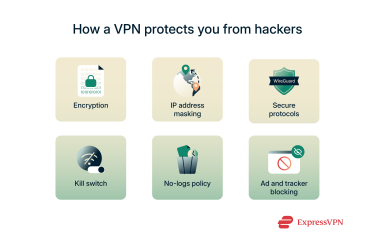 That said, ExpressVPN does have its own password manager, which generates hard-to-crack passwords, stores them securely, and syncs seamlessly across your devices.
That said, ExpressVPN does have its own password manager, which generates hard-to-crack passwords, stores them securely, and syncs seamlessly across your devices.
Furthermore, ExpressVPN’s advanced protection suite blocks ads and trackers and phishing websites and even includes a content filter you can set up on kids’ devices.
Myth 8: VPNs are only for computers
Fact: VPNs can protect smartphones, tablets, streaming sticks, smart TVs, and more.
Nowadays, you can use a VPN on just about any internet-enabled device.
A good VPN provider, as a minimum, should offer apps for Android and iOS smartphones and Windows and macOS computers. In addition to those (and a variety of browser extensions), ExpressVPN also provides support for:
- Routers, simultaneously protecting all connected devices
- Android TVs
- Streaming devices like Amazon Fire TV and Fire Stick
- Apple TV
- Linux distros
- Gaming consoles like PlayStation and Xbox
Myth 9: VPNs are unnecessary at home
Fact: VPNs are essential at home, which is where we spend most of our time outside of work.
We do a lot of streaming, gaming, and internet surfing at home. You’ve also most likely shopped online from home, paying with a debit or credit card. If you work from home some or all of the time, then you probably handle important work files over your home internet.
In other words, a lot of sensitive information passes through your home network. Furthermore, your ISP may throttle your data when streaming, downloading large files, or gaming online.
Using a VPN on your home network can help safeguard your personal and financial data from cybercriminals, keep your online activities private from your ISP, and bypass ISP throttling.
Myth 10: You can just use a proxy or Tor instead
Fact: A VPN is easier to set up and faster than the Tor browser, and it’s more secure than proxy servers.
A proxy server can change your IP address, but it won’t encrypt all your internet traffic as a VPN would. This leaves you vulnerable to anyone with the tools, knowledge, and intention to intercept the sensitive data you transmit online.
On the other hand, the Tor browser is truly great at improving your online anonymity. However, it can be extremely slow due to how it works (routing your traffic through three nodes), and it’s not as easy to set up as a VPN for the average user.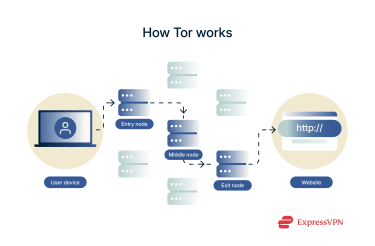 A good VPN encrypts your internet data, has only a nominal effect on speed, and can be connected in just one tap! So, you get a more comprehensive security and privacy package without sacrificing convenience.
A good VPN encrypts your internet data, has only a nominal effect on speed, and can be connected in just one tap! So, you get a more comprehensive security and privacy package without sacrificing convenience.
Myth 11: All VPNs offer the same level of protection
Fact: Different VPNs offer varying levels of protection, with some providing robust proprietary protocols and extra security features.
Most VPNs on the market today can hide your IP address. Some of those VPNs will also ensure that your data stays private.
If you only judge VPNs based on those criteria, all of them might appear similar to you.
However, there’s more to consider when differentiating VPNs according to the level of protection they provide. For instance, you should also take into account:
- Simultaneous connections: Some VPNs only allow you to connect on one device, while others offer simultaneous connections. This ensures you can keep multiple devices protected at the same time, eliminating security weak links.
- Server spread: Some VPNs have servers in a handful of locations, while the best ones have thousands of servers in 100+ countries. The more servers and server locations a VPN offers, the less overloaded and more reliable it will be.
- Privacy concerns: Not all VPNs have a no-logs policy, which means that they keep a record of what you do on their servers. This isn’t so great for privacy, so always choose an independently audited no-logs VPN.
- Extra features: VPNs can now do more than encrypt your data and hide your IP address. Some providers offer protection from tracking and phishing (like ExpressVPN Threat Manager) and even protect your kids from unsuitable content.
Myth 12: Using a VPN hides your data usage from your ISP
Fact: Your ISP can always see your data usage, VPN or not, but a VPN encrypts your online activities from the ISP.
Your ISP can always tell the volume of data you’re using, whether you’re browsing over a VPN or not. Unless your traffic is obfuscated, it can also see that you’re connecting to a VPN server; that is, that you’re using a VPN.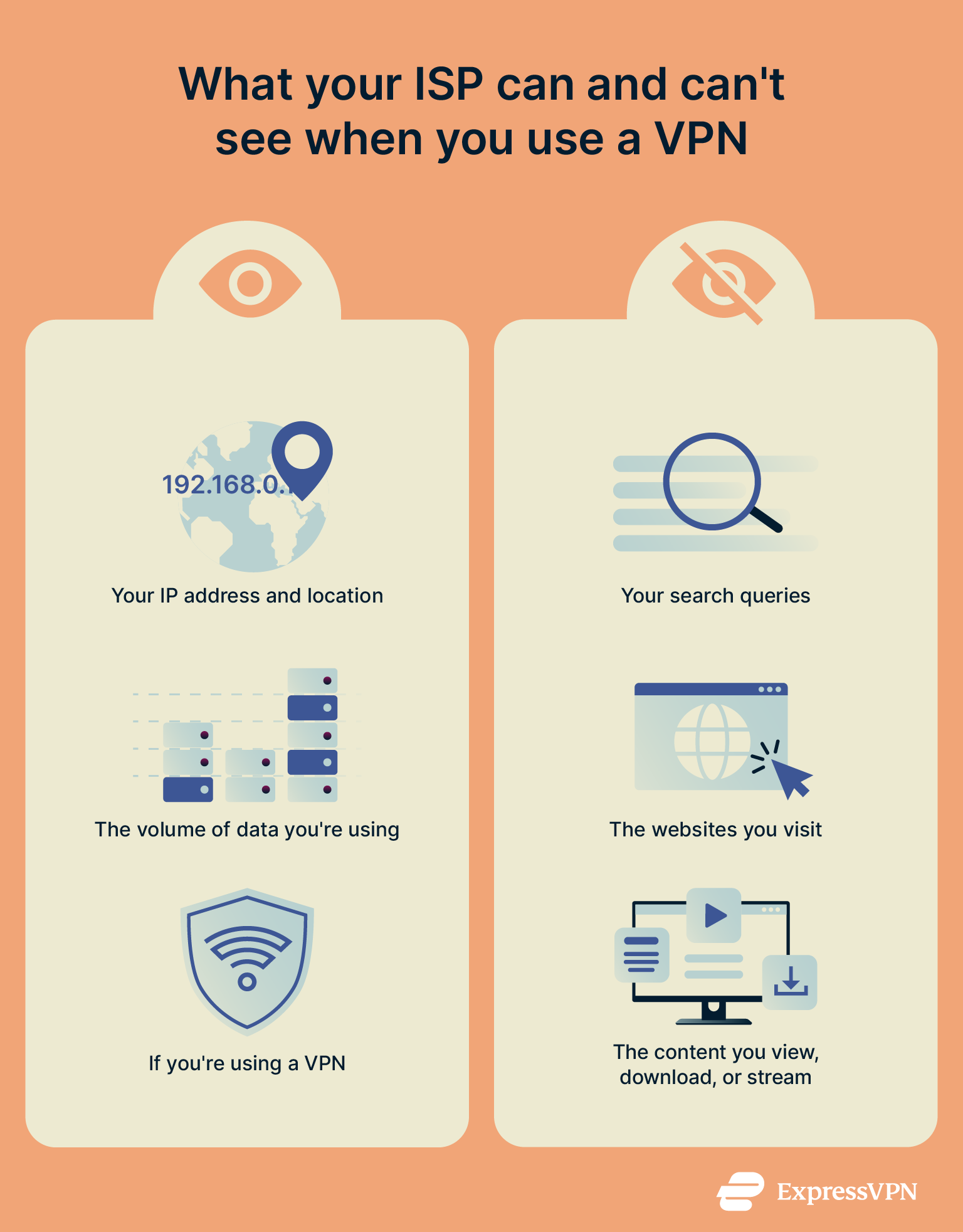 However, once you’re connected to a VPN server, your ISP can no longer access information such as what you’re streaming or downloading or your browsing history.
However, once you’re connected to a VPN server, your ISP can no longer access information such as what you’re streaming or downloading or your browsing history.
How to use a VPN the right way
The best way to use a VPN is by understanding its strengths and acknowledging its limitations. This way, you maximize what the VPN can do for you and find other relevant security tools for other purposes.
Set realistic expectations
Start with knowing what a VPN can and can’t do.
A VPN can encrypt your internet traffic and change your IP address.
Some VPNs, ExpressVPN among them, also have extra tools that’ll safeguard you against trackers, help you avoid hacking attempts like MITM attacks, and improve certain aspects of your online security, such as password security.
However, VPNs aren’t primarily responsible for malware protection, and they can’t make you 100% anonymous on the internet.
Combine VPNs with other privacy tools
Now that you’ve established what a VPN can’t do, beef up your internet security and privacy with targeted tools. Identify your other privacy needs not covered by a VPN and find relevant tools for them.
Some of the most common tools to combine with a VPN include:
- Antiviruses: Keep you from downloading malware and can help remove existing malware on your devices.
- Password managers: Secure your logins, improve your password habits, and help keep malicious actors at bay. ExpressVPN provides Keys, a free add-on password manager, on any plan.
Choose a trustworthy VPN provider
Here are some of the important factors to consider when choosing a VPN provider:
- Security: A good VPN uses strong and modern encryption protocols to secure your internet data.
- Privacy: Look for a no-logs policy, especially if it’s been audited by independent security companies. Ideally, it should also be based in a privacy-friendly country outside intelligence-sharing alliances and without mandatory data retention laws. This helps ensure your data isn’t subject to surveillance requests.
- Servers: Consider VPNs with servers in your home country/close to you and other regions. This allows you to connect to the fastest servers to enjoy reliable internet privacy.
- Extras: Your VPN should offer something beyond its primary task, such as an ad blocker, credit monitoring, parental controls, data removal services, etc.
FAQ: Common questions about VPNs
Do VPNs stop hackers on public Wi-Fi?
You don’t necessarily need a VPN to stop hackers on public Wi-Fi, since HTTPS already provides encryption. Therefore, it is this modern technology framework, not VPNs, that ensures no one can see the data you transmit.
However, public Wi-Fi admins can still see the websites you visit. That’s where a VPN comes in to encrypt your internet activities. Otherwise, the public Wi-Fi admin may collect and sell that data to advertisers or the government.
Can a VPN hide my browsing history from my employer?
A VPN can’t hide your browsing history from your employer. Your browsing history is typically stored in your browser, where you should be able to manually clear it. On the upside, a VPN can encrypt your internet connection so that your employer can’t see the sites you’re visiting without physical or remote access to your device.
Do VPNs log my online activity?
Some VPNs might log your online activity, including your IP address at the time of connection, connection time and duration, and websites you’ve visited. On the other hand, VPNs with audited no-logs policies won’t log your online activity or collect personally identifying data.
Why do some websites block VPN users?
Websites may block VPN users due to various reasons, such as to stay compliant with local regulations, prevent fraud, or serve locally relevant content. Some websites may also block certain VPN IP addresses if they’ve been associated with malicious practices in the past.
Can I use a VPN on mobile devices?
You can use a VPN on your mobile device. Get a mobile-friendly VPN service provider like ExpressVPN and download its mobile apps to your Android or iOS devices. Good VPNs for mobile are easy to set up, even for non-tech-savvy users.
Are VPNs only used by hackers or criminals?
VPNs aren’t only used by hackers and criminals. They’re used by everyday users who want a more secure and private internet experience. You can download and use a good VPN to escape price discrimination, prevent extensive data collection, and change your IP address at will.
Are VPNs too complicated for the average user?
Good commercial-grade VPNs are beginner-friendly. They help users solve important privacy concerns without requiring more than a few taps to get around their apps. They also don’t require you to understand the technical side to use them.
Take the first step to protect yourself online. Try ExpressVPN risk-free.
Get ExpressVPN



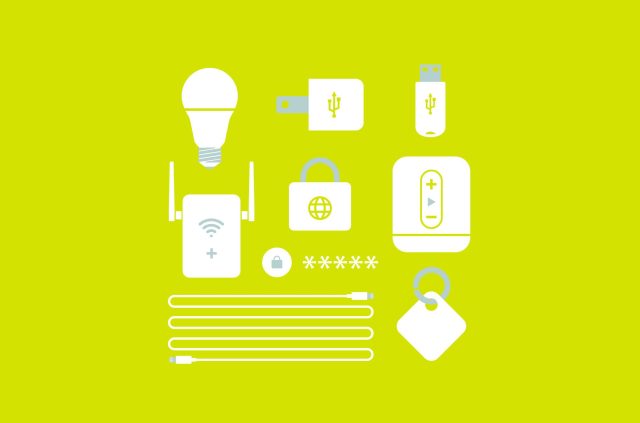
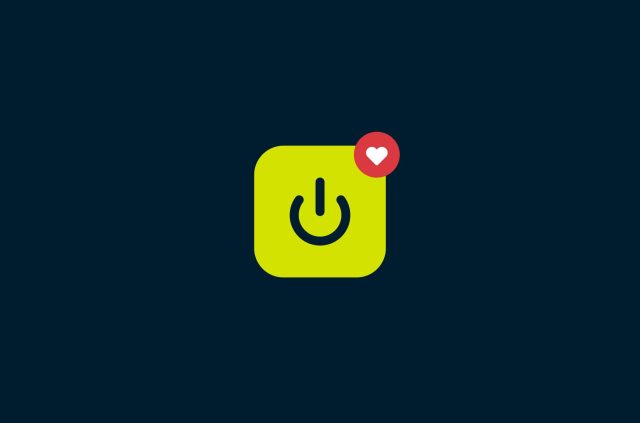
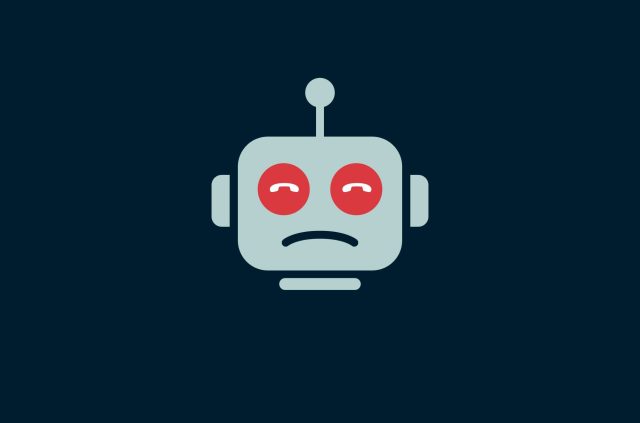
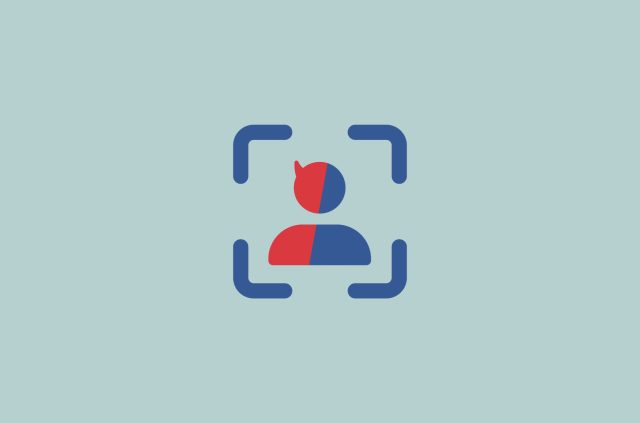
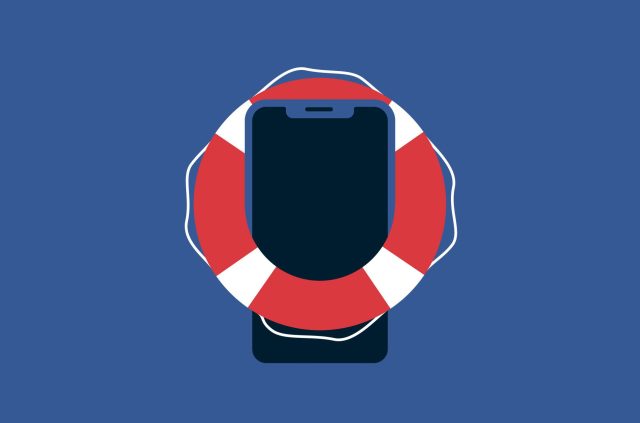
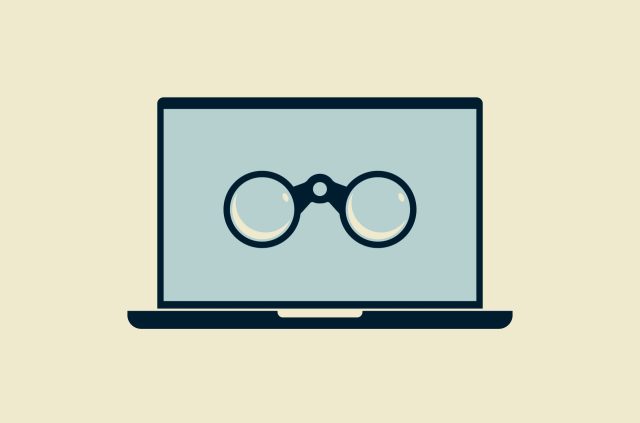
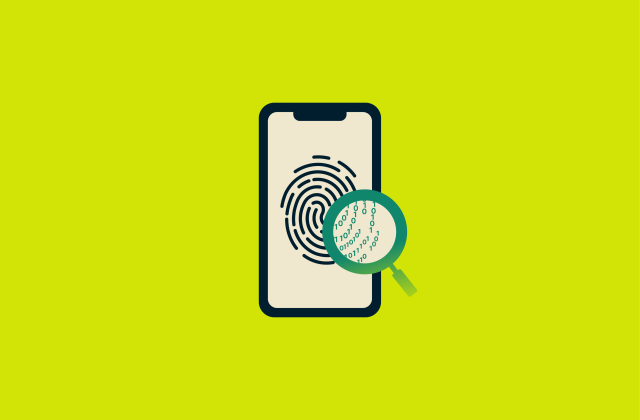
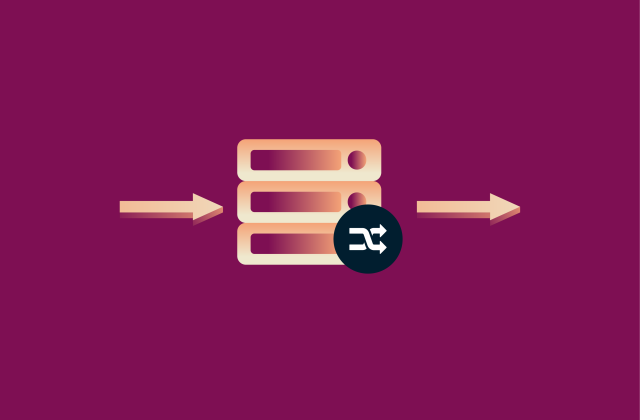

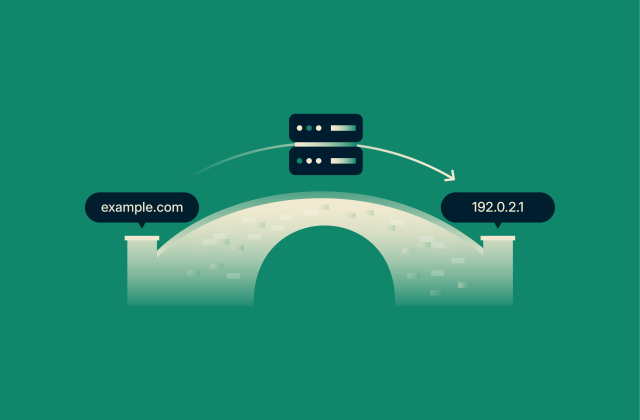

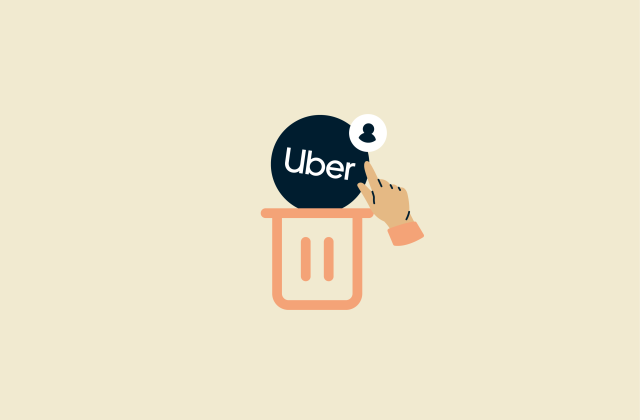
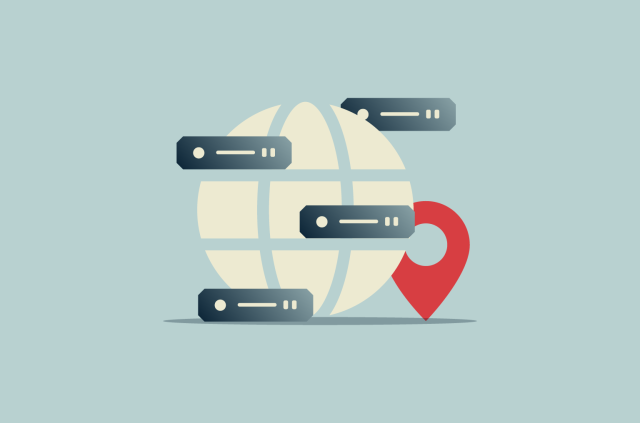
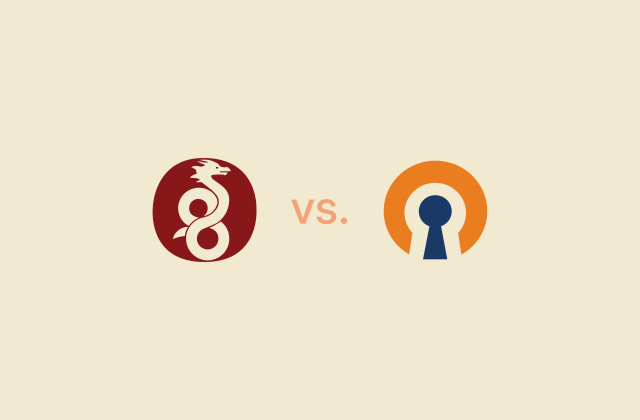




Comments
I have to admit J5, this is your most honest and transparent article. And least biased, out of all the blog posts I've read of yours so far.